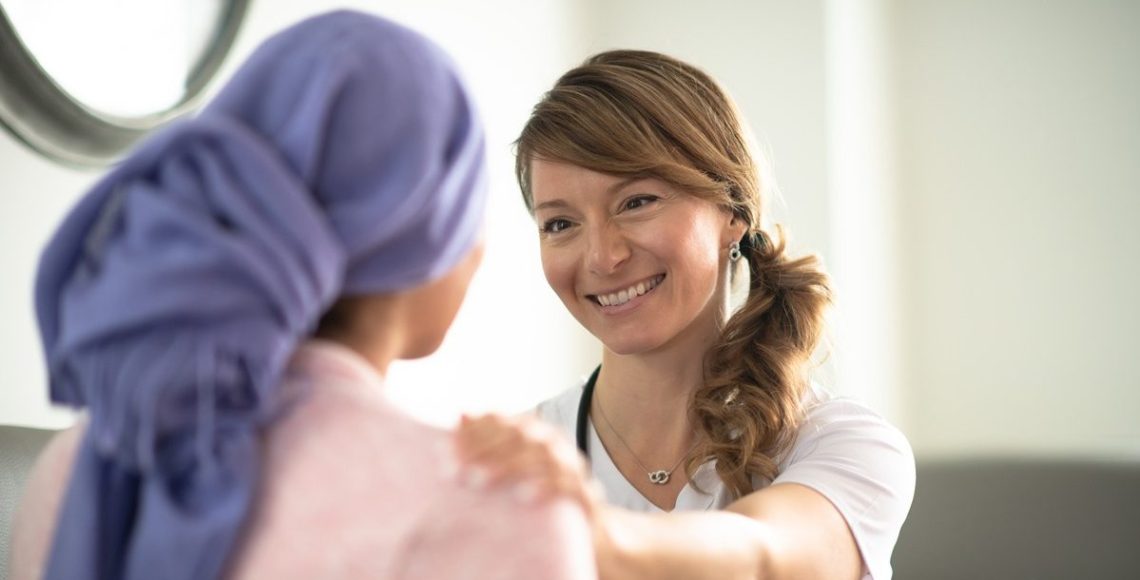Introduction
Completing cancer treatment marks a significant milestone, but it also ushers in a new phase known as cancer survivorship. Survivors often face unique physical, emotional, and social challenges as they transition from active treatment to post-treatment life. Understanding these challenges and adopting strategies to maintain health and well-being is essential for a fulfilling life after cancer.
This article explores the concept of cancer survivorship, common physical and emotional issues faced by survivors, and practical approaches to promote long-term health.
What is Cancer Survivorship?
Cancer survivorship begins at diagnosis and continues through the remainder of a person’s life. It encompasses:
- Monitoring for cancer recurrence or secondary cancers.
- Managing long-term and late effects of treatment.
- Addressing emotional and psychological well-being.
- Returning to daily activities and improving quality of life.
Physical Health After Cancer Treatment
1. Long-Term Side Effects
Many cancer treatments can cause lasting effects, including:
- Fatigue: Persistent tiredness even after treatment ends.
- Pain or neuropathy: Nerve damage causing numbness, tingling, or pain.
- Lymphedema: Swelling due to lymphatic system damage.
- Cardiovascular problems: Certain chemotherapies and radiation increase heart risks.
- Bone health issues: Risk of osteoporosis or fractures.
- Hormonal changes: Especially with breast, prostate, or gynecological cancers.
- Cognitive changes: Often called “chemo brain,” affecting memory and concentration.
2. Follow-Up Care
- Regular check-ups with oncologists and primary care providers.
- Surveillance tests and scans as recommended.
- Monitoring for new or recurring symptoms.
3. Healthy Lifestyle Habits
- Nutrition: Balanced diet rich in fruits, vegetables, whole grains, lean proteins.
- Physical activity: Regular exercise to improve strength, mood, and reduce recurrence risk.
- Avoiding tobacco and limiting alcohol: Reduces the risk of secondary cancers.
- Sun protection: To prevent skin cancers.
Emotional and Psychological Health
1. Common Emotional Challenges
- Anxiety and fear: Concerns about recurrence or new health problems.
- Depression: Feelings of sadness or loss of interest in activities.
- Post-Traumatic Stress: Memories and stress related to cancer experience.
- Body image issues: Changes due to surgery or treatment effects.
- Social isolation: Changes in relationships or feeling misunderstood.
2. Coping Strategies
- Psychological counseling or therapy: Cognitive-behavioral therapy, support groups.
- Mindfulness and relaxation techniques: Meditation, yoga, breathing exercises.
- Peer support: Connecting with other survivors.
- Open communication: Sharing feelings with family, friends, or healthcare providers.
Reintegration Into Daily Life
- Returning to work or school with necessary accommodations.
- Managing financial and insurance concerns.
- Resuming hobbies, social activities, and relationships.
- Navigating changes in personal goals and life priorities.
Special Considerations for Survivors
- Fertility and sexual health: Addressing concerns related to treatment effects.
- Secondary cancers: Understanding risk and preventive measures.
- Health screenings: Staying up-to-date with general preventive care.
Resources and Support for Survivors
- Cancer support organizations.
- Rehabilitation and survivorship clinics.
- Online communities and educational materials.
- Caregiver support services.
Conclusion
Life after cancer treatment presents both opportunities and challenges. Survivors can achieve a meaningful and healthy life by proactively managing physical and emotional health, maintaining regular medical care, and seeking support. Embracing survivorship as a new chapter empowers individuals to thrive beyond cancer.
FAQs:
What physical challenges might I face after cancer treatment?
Fatigue, pain, lymphedema, hormonal changes, and cognitive difficulties are common long-term effects.
How often should I have follow-up check-ups after treatment?
Follow-up schedules vary but usually involve regular visits every 3 to 6 months initially, then annually.
Can exercise help during survivorship?
Yes, regular physical activity improves strength, mood and may reduce the risk of recurrence.
What emotional issues are common after cancer treatment?
Anxiety, depression, fear of recurrence, and social isolation are frequent challenges.
Where can I find support after cancer treatment?
Support groups, counseling services, survivorship clinics, and online communities offer help and resources.






